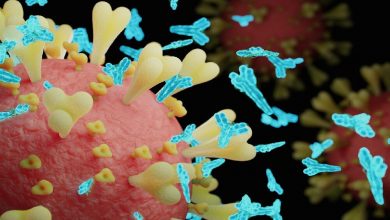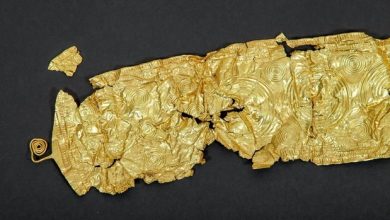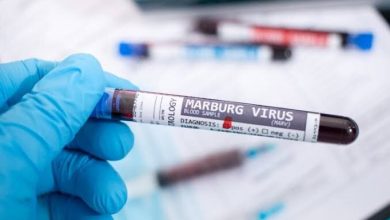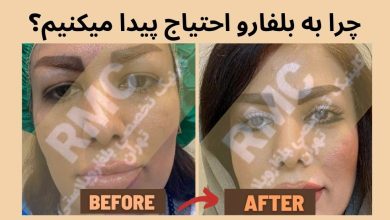Analgesics allowed after rhinoplasty
Rhinoplasty by the best plastic surgeon in Tehran is one of the most popular plastic surgeries that has been able to help many people improve the appearance of their noses and increase their self-confidence during the past two or three decades in Iran. Despite years of trial and error by the best and most reputable doctors in the field, nose surgery has reached a point where negative and unwanted outcomes are as low as possible. But nose surgery still has its own sensitivity.
One of the most important parts of nose surgery and plastic surgery is; It is the care that people have to take after surgery. This is a general and important rule that states that postoperative care is as important as the surgical procedure and should be done with caution and obsession. Among the areas of concern is the use of permitted pills and analgesics after nose surgery. This issue is the main and central issue of this article, which we will discuss in a separate section.
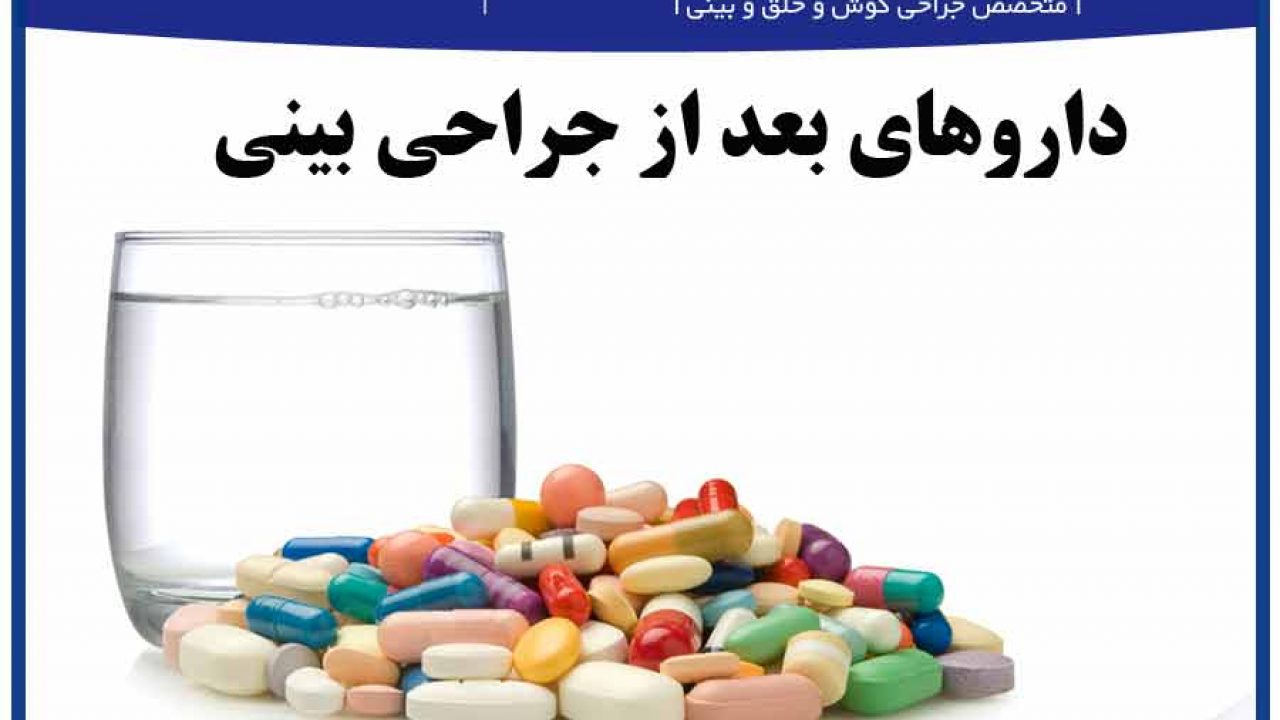
Types of nose surgeries
Nose surgery falls into two general categories. The first category of nose surgery aims to solve problems and defects in the nose and is known as rhinoplasty. The second category of surgeries is the one in which functional problems of the nose are solved. For example, adenoids or nasal polyps are removed. Because these two disrupt the process of normal and normal activities of the nose.
The fact is that in people with a deviated nose, many nasal functions are disturbed. For example, people who snore cannot breathe properly in their sleep. Or that they have a lot of nasal secretions.
In these cases, people undergo septoplasty or correction of a deviated nose. In some cases, it has been observed that people want to solve the problems of nose appearance and nasal deviation during surgery, and this type of surgery is called septoplasty.
Benefits of nose surgery
Any type of nose surgery can significantly improve the appearance and function of the nose. The advantages of rhinoplasty are as follows:
- Beautify the appearance of the nose
- Improve people’s respiratory condition
- Increase people’s self-confidence
- Nasal tubes shrink
- Nasal bone stenosis
- Improve the condition of the cartilage of the tip of the nose and make it higher
- Improve the position of the bow on the nose
Care after nose surgery
As mentioned in the previous sections, the care required after a nose surgery procedure is just as important as the surgical procedure. Therefore, our recommendation is that after surgery, you should receive advice from your surgeon about post-operative care and then conduct care carefully. Among the most important things he cares about after nose surgery:
- For one week to the first 10 days after rhinoplasty, your nose and head should be higher than your body while you sleep and rest. This helps reduce the amount of bleeding from your nose and speed up the wound and suture healing process.
- Using ice packs can greatly improve the healing process of bruising and swelling around the nose and eyes. Indeed, the snow will have a great effect on the inner tissues of the nose, so the bruises disappear quickly.
- Professional activities in the field of sports and bodybuilding in general must be stopped, and it is strictly forbidden to engage in any heavy sports activities for a period of six months. Of course, after two or three months, people can do light sports and exercise.
- Participation in team sports and group activities that increase the potential for problems is prohibited. For example, a volleyball will increase the probability of hitting the nose or colliding with other players, so it is strictly forbidden.
- The fact that exists is that people after nose surgery will notice some pain after the surgical area is removed. Therefore, they should take painkillers to reduce the pain. But it should be noted that these painkillers must be prescribed by doctors.
Analgesics allowed after rhinoplasty
In fact, in this section, we will not introduce a specific drug or pill. Because the use of all pills and medicines should be under the supervision of doctors so as not to cause the slightest problems to people. We recommend that you do not arbitrarily use painkillers because some of them can prolong the recovery process after plastic surgery. Therefore, if you undergo nose surgery, you must have the necessary advice in the field of approved analgesics to use the best and least dangerous pills. But in general, doctors prescribe the best antibiotics and medicated analgesics to reduce pain in the area of surgery. These medicines and painkillers do not cause any harm to people.
In all sections of this article, all our efforts have been aimed at presenting several points to be considered after nose surgery. In fact, the most important care was the use of approved analgesics after nose surgery, for which we have provided in a short section the necessary recommendations. It is hoped that by repeating and planning several contents, you will understand the depth of its importance and by doing it, you will have a successful nose surgery.
What is the effect of analgesics after rhinoplasty?
Rhinoplasty is performed under general anesthesia. Therefore, after surgery and the patient regains consciousness, it is completely normal to experience pain. Usually, the doctor prescribes several medications to reduce the pain. These medicines relieve pain. Usually, the intensity of pain after nose surgery also depends on the surgeon’s performance; This pain will be mild to moderate and can be controlled with common, not very strong, pain relievers.
What are the appropriate analgesics after nose surgery?
Several combinations of pain relievers are usually used after nose surgery. These cans are:
acetaminophen
Acetaminophen is a pain reliever and fever reducer. This analgesic takes effect 12 minutes after taking it. This pain reliever can also be bought without a prescription and is available as tablets, capsules, chewable tablets, syrups, suppositories, and injections. This wrap should be kept at room temperature and away from heat and moisture. This pain reliever should be used as soon as the pain appears. If you let the pain go for a long time and then use acetaminophen, the pain relief will be reduced. This housing has many advantages. But it may damage the liver. Therefore, if someone has a history of liver disease, they should consult their doctor before taking this analgesic.
codeine acetaminophen
Acetaminophen codeine is a combination of acetaminophen and codeine. As mentioned, acetaminophen controls the production of inflammatory substances and reduces pain. Codeine also binds to pain receptors and prevents the transmission of pain messages to the brain. In this way the pain is suppressed.
The absorption of codeine from acetaminophen tablets is 53% and the absorption of acetaminophen is 100%. This medication has its effect for 30 minutes to an hour after consumption and this effect will last for 4 to 6 hours.
Since codeine is a narcotic drug, using this pain reliever can cause side effects, including dizziness, nausea, drowsiness, constipation, heartache, and allergic reactions.
Taking this analgesic can lead to hepatitis, kidney and liver failure. This pain reliever is usually prescribed to control pain after nose surgery and should be taken as ordered by a doctor to minimize side effects.
Usually, this analgesic is used in the first 48 hours after nose surgery and every 6 hours.
naproxen
Naproxen is a pain reliever that is effective in relieving pain after nose surgery. This drug is an anti-inflammatory, non-corrosive and inhibits the effect of cyclooxygenase. In this way, less inflammatory substances are produced.
This drug is not recommended in any way for those who have a history of asthma, allergies, stomach ulcers or diseases of the gastrointestinal tract, cardiovascular system, as well as for those who suffer from epilepsy, Parkinson’s disease and kidney disease. Usually, this medication is taken with milk to reduce gastrointestinal side effects. One of the main side effects of this drug is digestive problems. Abusive use of this drug can cause diarrhea.
Usually, the doctor advises taking this medicine after the main meals, and during the first 48 hours after the nose surgery, it is taken at a rate of 2 to 3 times a day.
Source : Doctor’s home

